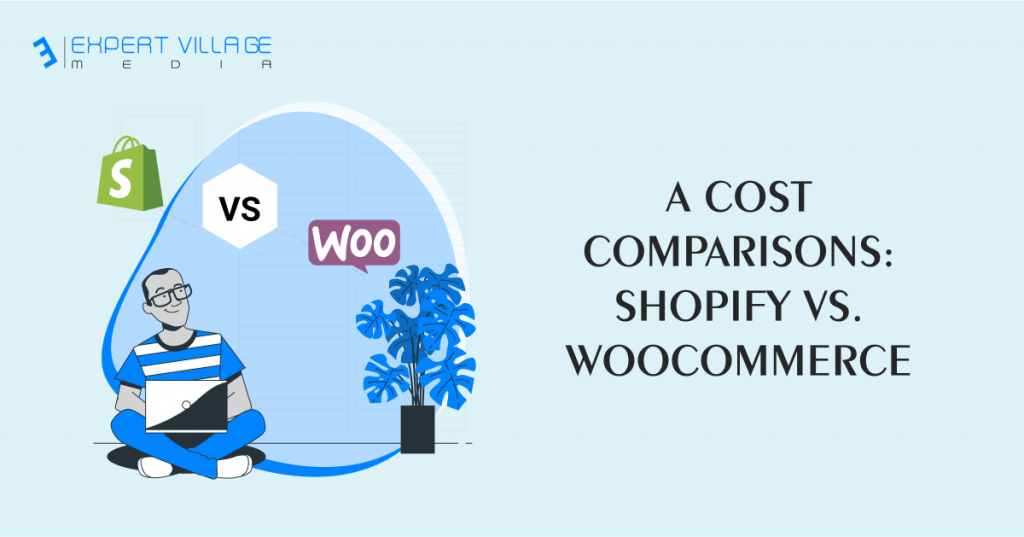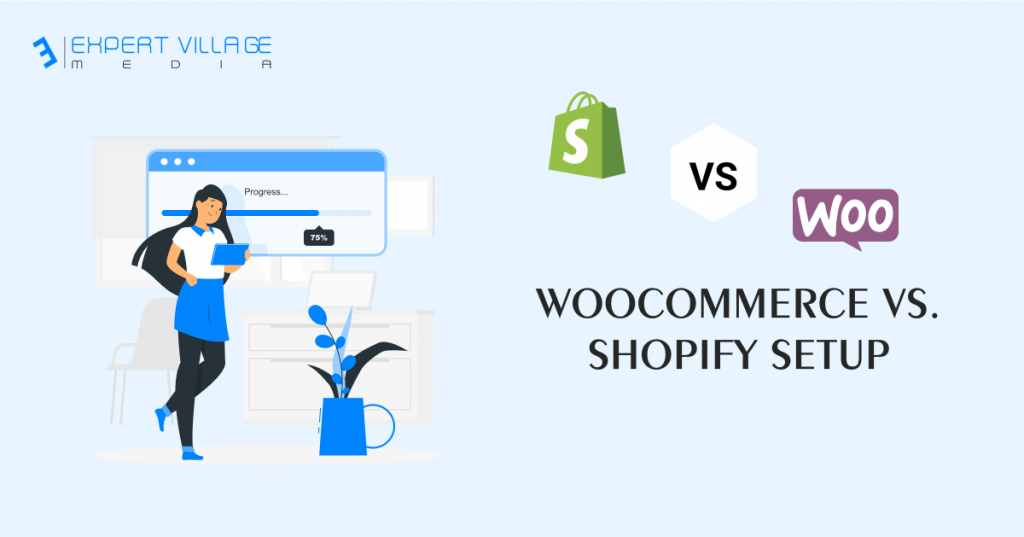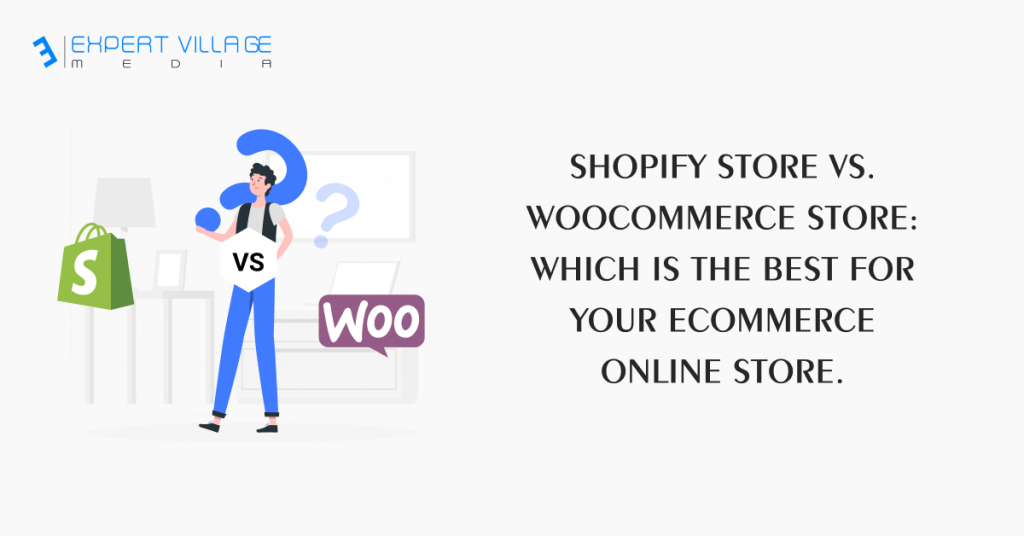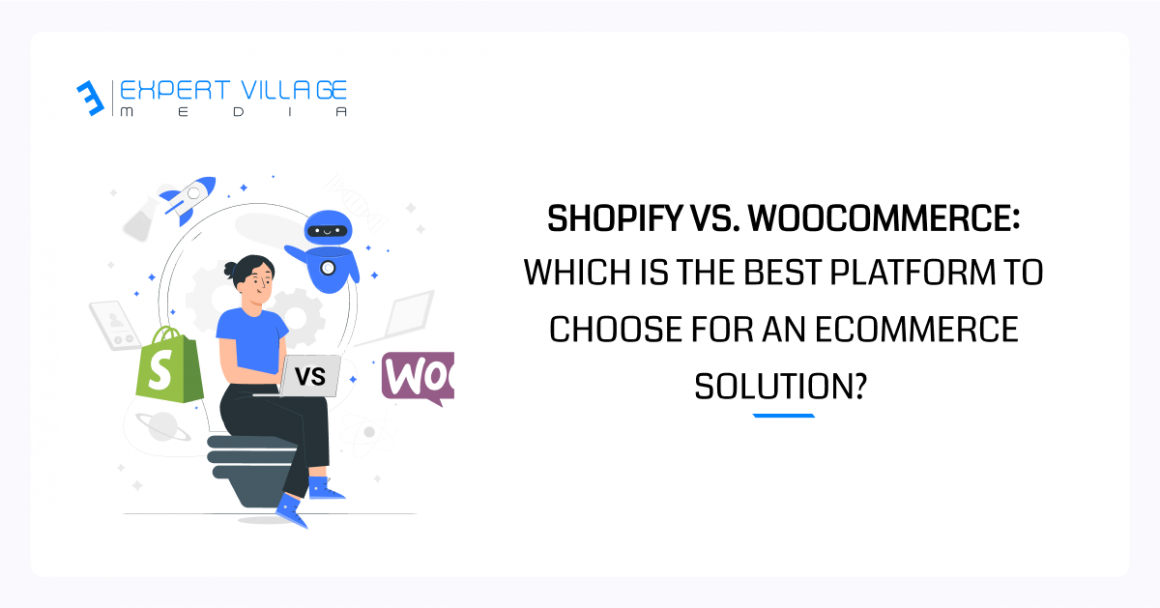Is Shopify better than WooCommerce?
It depends on who you ask. But let’s first crunch the numbers before comparing Shopify vs WooCommerce.
Shopify has nearly 11 percent of all e-commerce market share while WooCommerce has 28.24 percent making the ‘e-commerce for WordPress’ have the largest market share. In a 2020 press release, the platform announced that; “powers over one million businesses in more than 175 countries” globally, with billion-dollar brands like Gymshark among their customers.
22% of the top 1 million online stores use WooCommerce, with 97.8% of all WordPress e-commerce websites using the WooCommerce plugin. Additionally, WooCommerce is the most popular plugin/module on the internet with 68% distribution. With all these numbers, you are probably wondering; Is Shopify better than WooCommerce?
Or What is better than WooCommerce? In this article, you will get a clear answer on which of these platforms is well suited for you at any stage of your e-commerce journey – be it beginner or expert.
Let’s dive in.
Shopify vs WooCommerce Pricing

Shopify has set pricing which begins at $29/month for Basic Plan and goes up to $299/month for advanced reporting. This makes the whole e-commerce venture easy when tracking your spending. WooCommerce is free but comes with extra premium features like domain name, SSL Certificate, and hosting. Here are the prices.
- Domains – [ $10 – $20/ year ]
- Hosting – [ $35 – $50/month ]
- Extension fees – [ $0 – $100/month ]
- Security – [ $0 – $100/year ]
Is Shopify cheaper than WooCommerce? It’s no brainer from the WooCommerce breakdown above. All the fees are included in the monthly plan for all tiers. It’s an all-in-one e-commerce platform, plus a 14-Day Free Trial. However, if your WooCommerce is powered by Bluehost, the prices begin as low as $12.95 per month billed for 36 months.
Get a free consultant about Shopify click here.
Shopify vs WooCommerce Setup
 If you are looking to set up an online store in under 24 hours ( In minutes for those with a basic understanding of integration and theme designs), Shopify is the best platform. Is Shopify good for beginners? Getting your store “live” is far quicker and easier with a setup for beginners. WooCommerce setup without Bluehost needs some technical understanding which will take a while if you are just starting. WooCommerce Setup Wizard can fast-track the steep learning curve in case you consider the WooCommerce platform.
If you are looking to set up an online store in under 24 hours ( In minutes for those with a basic understanding of integration and theme designs), Shopify is the best platform. Is Shopify good for beginners? Getting your store “live” is far quicker and easier with a setup for beginners. WooCommerce setup without Bluehost needs some technical understanding which will take a while if you are just starting. WooCommerce Setup Wizard can fast-track the steep learning curve in case you consider the WooCommerce platform.
Shopify vs WooCommerce Store
 Is Shopify hard to run?
Is Shopify hard to run?
No. Running the store after set-up is straightforward. You don’t need to worry about the site crashing because the platform is cloud-based, and customer support is 24/7 for any questions you may have.
Is WooCommerce hard to run?
No, only if you are familiar with WordPress dashboard, plugins, and themes control. If not, the learning is a little bit steep, and for their customer support, you may need to submit a ticket or follow a set-up guide.
Shopify vs WooCommerce – Store Design & Themes
The new storefront is your e-commerce homepage.
And as the saying goes;
‘ You never get a second chance to make a first impression.’
Shopify theme store has over 100 themes, both free and premium. The average price for a paid theme is $140 but, you don’t need to invest in a premium theme on the go as a beginner with a tight budget. The free themes have enough features to get started. For the WooCommerce theme, customizing is the key, and this depends on how many hours your invest in designing at a technical level. And if you want to explore more themes, jump into Themeforest, where web designers are constantly releasing new themes for WooCommerce.
Explore Free Shopify Themes To Set Up A New Store.
Shopify vs WooCommerce – Plugins & Integrations
 Shopify apps store has over 4,200 apps as of 2020 to enable you to add extra functionality to your online store, including marketing tools, SEO, store customization tools, and more. But the million-dollar question.
Shopify apps store has over 4,200 apps as of 2020 to enable you to add extra functionality to your online store, including marketing tools, SEO, store customization tools, and more. But the million-dollar question.
How many Shopify apps should you have? It depends on what the apps do in your e-commerce store. There is no real optimal number. However, before installing any app, ensure to read reviews and learn from feedback from other users. Since WooCommerce is an open-source e-commerce platform, it heavily relies on plug-ins for e-commerce solutions.
In fact, the platform has over 5,000 plug-ins to choose from in their extension store. This allows upcoming merchants to build a bespoke online without any limitations.
Also Read Here: Best Shopify Apps To Boost Engagement And Increase Sales
Sales & Marketing Features
Without marketing tools, there are no sales. These features optimize your store for conversions. Also, they help you advertise your store on this crowded and competitive internet. Consider this quote:
“If a tree falls in a forest and no one is around to hear it, does it make a sound?”
Sales features like Multichannel selling help you cut through the noise and get customers that convert. Shopify allows you to extend your reach beyond your store to social media platforms like Instagram, Facebook, and the latest partnership with Tiktok. Also, marketplaces like Amazon and eBay. To expand your store’s reach with a WooCommerce store, you pay $79 per year for Instagram integrations and $0 for Amazon and eBay.
Payment Options and Transaction Fees
Shopify offers over 100 online payment gateways with its very own Shopify Payments. Some of the most popular include;
- Paypal
- Stripe
- Square
- Apple Pay
- Credit and Debit Cards
Transactions fees differ from one payment to another. For instance, their payments charge 2% if you consider their payment gateway. However, WooCommerce has no transaction fees with its 67 WooCommerce payment extensions, but bank charges will still apply to other payment providers like Paypal.
Final Thoughts On Shopify vs WooCommerce
Regardless of which platform you choose, Shopify vs WooCommerce is definitely a comparison any beginner needs. But, Shopify has proven that even an amateur can set up an online store in 1 Day and start making sales the following day. Over 1,700,000 businesses have done it and counting. Both platforms offer a vast number of eCommerce solutions that you can click and install in minutes.

